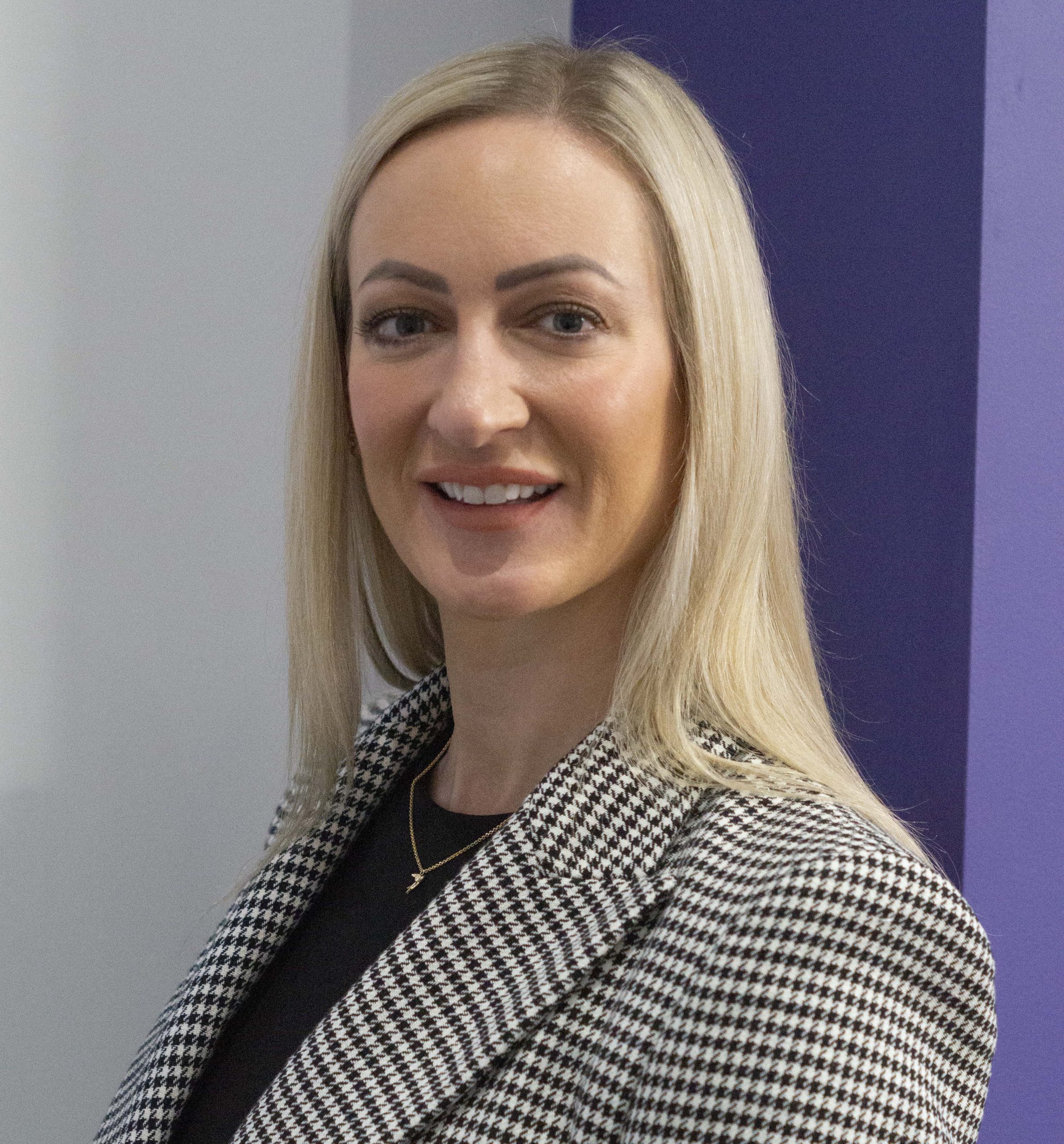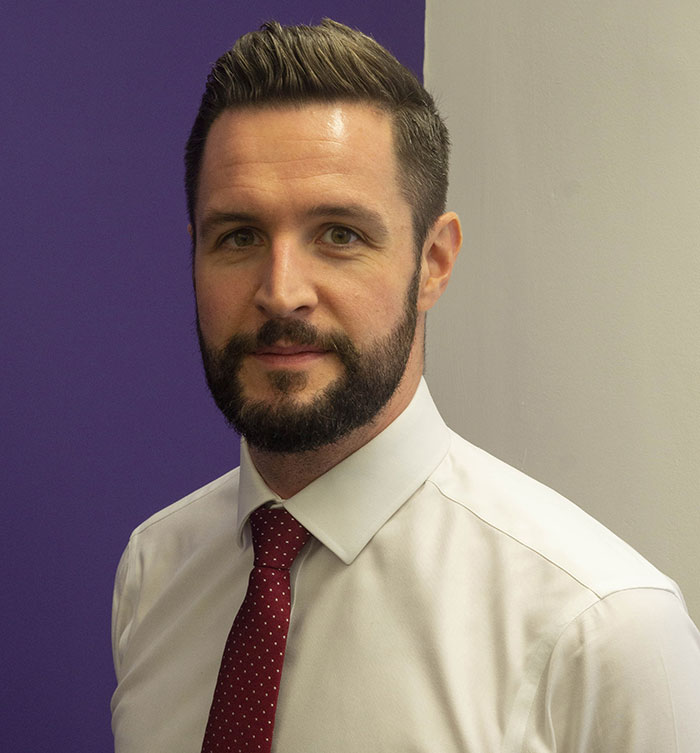Call us on
Request A CallbackCall us on
Request A Callback
Coping with the loss of a loved one is a devastating and traumatic time under any circumstances, but it can be particularly distressing if there is uncertainty as to the cause of their death. The inquest team at Farleys has a wealth of experience in assisting families at this difficult time, and our experts are here to provide you with the professional support and advice you need.
If someone close to you has died in sudden, violent or unknown circumstances, the state may call for an inquest. If the death occurred in police or prison custody, an inquest will be required by law. An inquest is a fact-finding inquiry conducted by a Coroner, and it may be the first or only opportunity for you to have your questions surrounding the death heard and answered.
At Farleys Solicitors, we’re proud to be recognised as leaders in this area of law. Our inquest lawyers regularly deal with high-profile inquests, and we have strong links with specialist barristers, Coroners and the charity INQUEST.
Our expertise in the area of inquest law is also recognised by the Legal Aid Agency, with our franchise to conduct inquests under Legal Aid public funding. For more information about the cost of obtaining legal representation for inquests, please read our page on Funding for Inquests.
Our services are distinguished by our personal approach, and you can always expect compassion and empathy from our inquest solicitors as we do everything in our power to assist you at this difficult time. We act on your behalf to ensure the inquest delivers the answers you deserve, and our top priority is to bring you as much peace and closure as we can.

To arrange a free initial consultation with a specialist Inquest solicitor call Farleys on 01254606008, submit an enquiry online, or leave your details below and we will call you back.
Request A Call BackWhat happens at an Inquest?
The primary objectives of an inquest are to establish where, when and how someone died – as well as their identity, if not already known. The Coroner’s Court differs from a civil court in that it’s not allowed to make judgements on who is to blame for the death (if anyone), only to establish the circumstances surrounding it.
However, at the conclusion of the investigation, the Coroner may choose to make official recommendations in an effort to ensure that lessons are learned from the tragedy, which may help to prevent future deaths.
Why choose Farleys as your legal representation at an Inquest?
At Farleys, we have a wealth of experience in assisting families at this difficult time, and our solicitors are here to provide you with professional support and in-depth legal advice, distinguished by our compassion, empathy, and dedication to ensuring justice is done for your loved one. Inquest law and procedures can be complex and daunting, but our team will do everything in their power to ensure that you are supported and fully informed at all times. Crucially, we can advise you on how to engage with the process in order to gain as much information as possible within the scope of the inquest.
How do I make a claim for compensation following an Inquest?
Dealing with a loss is difficult enough without the additional worry of having been financially dependent on the deceased. Although an inquest will not determine blame, it can result in findings which support a decision to proceed with a subsequent compensation claim. Where this sort of claim is appropriate, Farleys can also assist you in obtaining compensation for your financial loss.
Our expert solicitors regularly deal with dependency claims following an inquest, so we can support you through every stage of the process. This saves you from the trauma involved in explaining the circumstances surrounding the death, as we’ll already be familiar with the details of the case and well equipped to bring the civil claim.
What does an inquest solicitor do?
An experienced inquest solicitor can assist in a variety of areas, including:
• Helping to secure vital evidence to initiate an inquest
• Questioning key witnesses to help build a clearer picture of the circumstances of your loved one’s death. This includes not just bystanders, but also potentially police, paramedics, medical experts, and others
• Address matters of law and submit questions to the Coroner on the family’s behalf
• Arrange for a second post-mortem (if necessary)
• Dealing with the media on the family’s behalf, such as by preparing official statements to the press
• Pursuing a civil claim if the death was found to be avoidable, and advising the family on how best to proceed
• Helping to secure necessary funding for the inquest, such as Legal Aid (if applicable)
Do I need a solicitor at an inquest?
In the case of inquests that are relatively straightforward, many families decide not to appoint a solicitor, especially if they feel confident enough asking questions themselves.
However, getting expert legal representation is generally strongly advised in more complex cases, especially for Article 2 inquests. The Coroner may call for an Article 2 inquest if there’s a possibility that the state may have had responsibility for your loved one’s death – such as if they died in police custody, or in prison, or in unusual circumstances at a hospital. The state will always have legal representation in Article 2 cases, so by the same token, it’s always best to ensure you have professional legal expertise with your own interests in mind.




We truly value and appreciate the feedback we receive from our clients, as we look to improve the services we offer on an ongoing basis



